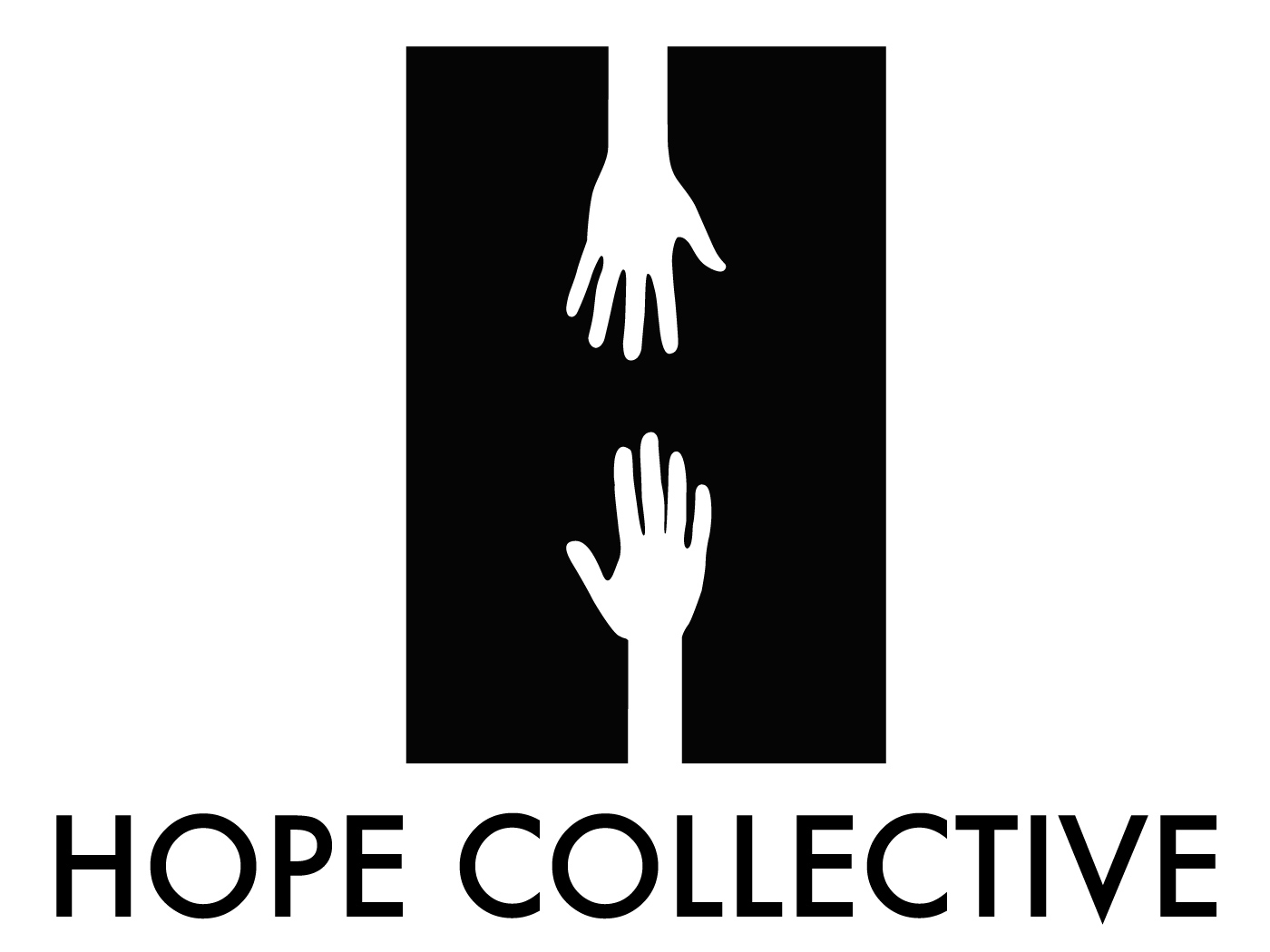EXPERT HUB – OP ED: THEORETICAL UNDERPINNINGS
By Lee Whitehead, Smart Social
In Westminster (and looking towards manifestos) it is inevitable the discussions would lean on the political and economic, but poverty and inequality is maybe best seen through another lens – a social construct, one that therefore is best addressed via changing social issues, and having human learning principles to create change.
Furthermore, restricting poverty/inequality to a political/economic debate at best brings into consideration public funds – but public funds are fully stretched (tied up in crises/statutory requirements) and it may be time to consider the greater majority of GDP (outside of public funding process) held in the business/commercial sector that needs to be brought into debate – i.e. through social investment and innovative arrangements that appeals to CSR and the business/commercial sector agendas (employment, stronger/safer communities, family resilience, etc).
A theoretical underpinning (theory of change) may be sensible to create a robust approach to the practical things that would transform poverty/inequality. What I mean by this is drawing out the broader change drivers – i.e. engaging people (coproduction of solutions – a wider social action movement), prevention (acting early rather than later when poverty has become ill health, exclusion), consensual position (why poverty/inequality reduction is good for us all), poverty/inequality is causal leading to symptoms (poor wellbeing/justice contact etc).
I attach some of the theoretical underpinning of the Hope Collective (a non-profit organisation seeking a fairer society through the eyes of young people – I am a director) which may be useful to explain what I mean. ‘How’ change happens is perhaps again outside the political/economic debate – i.e. what’s the structural and operational process to reduce inequality/poverty? For sure, it is partly to do with government (i.e. fairer tax policies, laws, etc), but in reality it has more to do with integrated agencies in regions/place-based systems helping prioritised groups? I guess I’m asking about the practical method of how change is delivered? If this is broadly the case, then innovation in what the systems do will be needed rather than recycling things (centralised campaigns, policies) that do not work/have been shown to make little difference [inequality gaps widen].
You can access the full report here:
Hope Collective – Theoretical Underpinnings

Leave a Reply
Leave a Reply